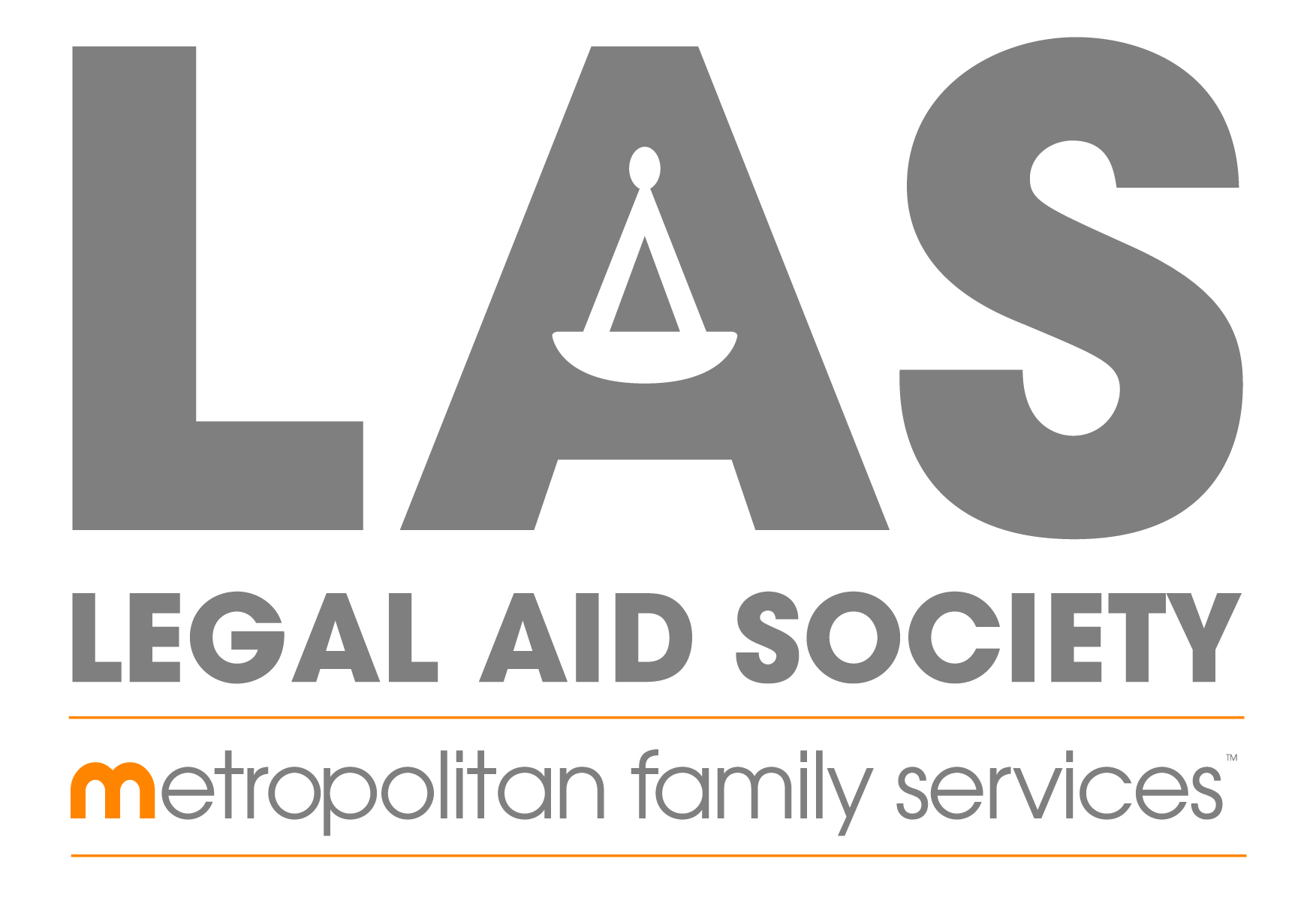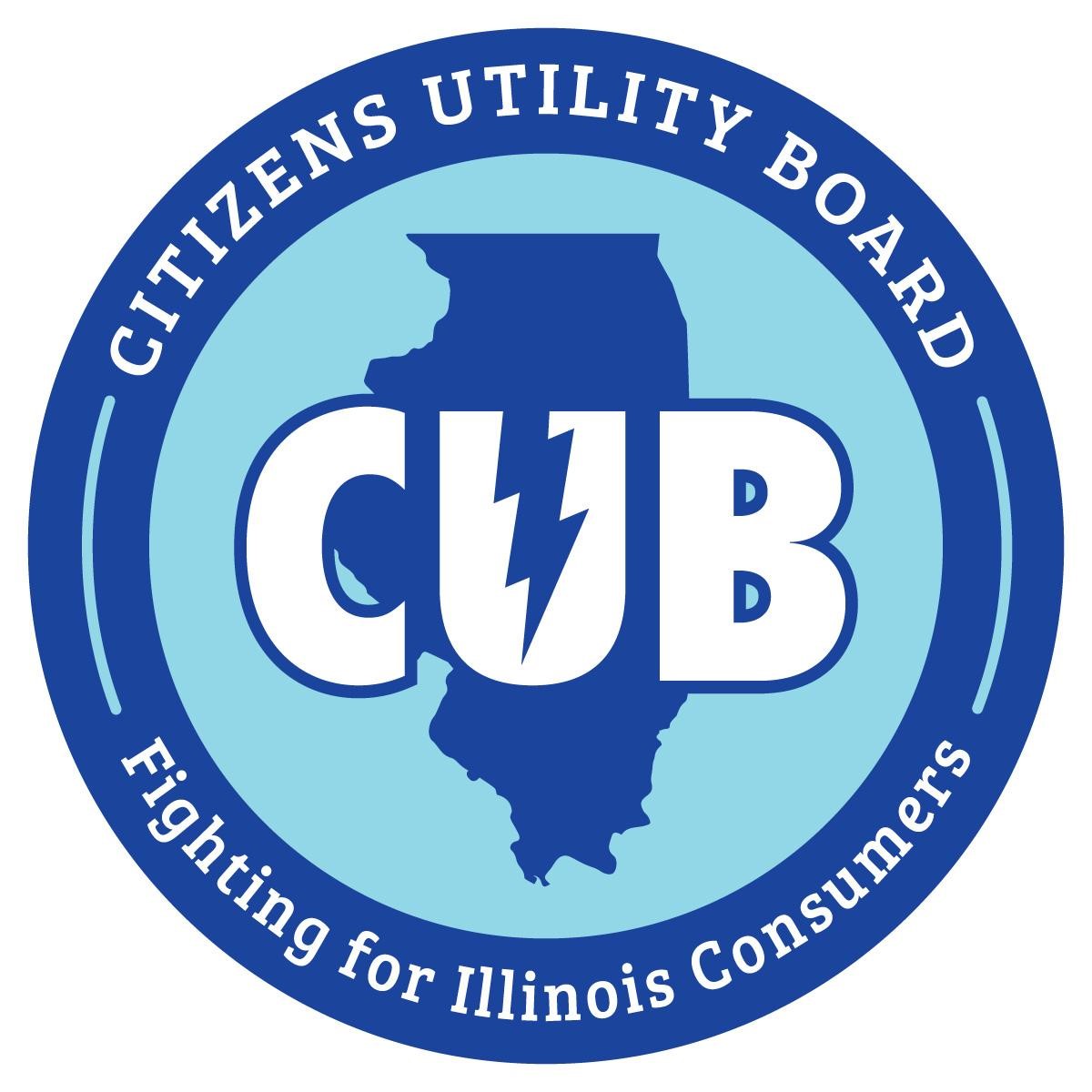A MODEL FOR THE NATION: CONSUMER ADVOCATES ANNOUNCE HISTORIC COVID-19 RELIEF PLAN FOR ILLINOIS UTILITY CUSTOMERS


![]()
CONTACT:
Jim Chilsen, CUB, 312-513-1784
A MODEL FOR THE NATION:
Consumer advocates announce historic Covid-19 relief plan for Illinois utility customers
Presented with a historic agreement between consumer advocates and Illinois’ major utilities, state regulators are now considering one of the most comprehensive COVID-19 utility-focused relief measures in the country. This relief plan could serve as a national model for helping utility customers struggling to pay their bills during a pandemic and the worst economic crisis since the Great Depression, a broad coalition of consumer groups and government officials announced Thursday.
The relief plan is expected to be approved next week by the Illinois Commerce Commission (ICC). In addition to extending the halt on utility shut-offs and late fees through the summer, consumer advocates say the negotiated plan also reconnects customers without slapping them with fees, provides longer payment plans, and offers significant bill-payment assistance to help people catch up on their bills as Illinois begins recovery from the COVID-19 pandemic.
The plan was negotiated by Illinois Attorney General Kwame Raoul’s office; Chicago Mayor Lori E. Lightfoot’s office; Community Organizing and Family Issues (COFI), represented by the National Consumer Law Center; the Legal Aid Society of Metropolitan Family Services; Allen Cherry, a longtime advocate for low-income utility customers in Illinois; and the Citizens Utility Board (CUB). Those groups were concerned that the pandemic, which forced many people out of work and into their homes, would lead to an overwhelming number of consumers unable to afford their electric, gas and water bills under existing strict utility credit and collection rules, and would cause potential mass disconnections from utility services that are vital to consumers’ health and welfare.
“Illinois residents are still experiencing financial hardships as a result of the COVID-19 pandemic,” Attorney General Raoul said. “My office advocated on behalf of consumers not only to ensure residents will have access to manageable repayment plans and bill assistance so that they stay connected to vital utility services, but also to provide regulators with data to assess whether particular communities, including communities of color, are being disproportionately impacted by a utility’s disconnection and credit and collections processes.”
“The COVID-19 crisis has greatly exacerbated many of the financial hardships thousands of Chicagoans were already facing in their everyday lives, forcing many to choose between paying for their utilities, their food, or other essential costs, all while facing the prospect of incurring crippling levels of debt,” said Mayor Lightfoot. “I am proud to be joining the many public leaders and consumer advocates in creating this relief plan and setting a nationwide example on how cities and states can work together to help uplift our communities during this unprecedented time and provide solutions that keep our families safe, healthy, and on the path to success.”
“Parents were already drowning as a result of the high costs of utilities. COVID-19 has added a heavier weight. It is imperative that utilities throw financially challenged communities a lifeline to ease the burden of utilities we need for basic survival,” said Rosazlia Grillier, COFI parent leader. “Our thanks to the Attorney General, the Mayor, our advocacy partners, and the National Consumer Law Center.”
“We talk to utility customers every day, so we know people are hurting,” said CUB Executive Director David Kolata. “There’s a lot of work to be done, but this plan is a huge step forward for helping Illinois families get back on their feet.”
In March, on the heels of Governor J.B. Pritzker’s emergency stay-at-home directive, the ICC temporarily barred service shut-offs and late-payment fees for all of Illinois’ investor-owned utilities. At the same time, state regulators launched a process in which the utilities and consumer advocates would set up a recovery plan for utility customers.
The resulting 30-page agreement includes the following consumer protections for customers of Ameren Illinois, Aqua Illinois, ComEd, Illinois American Water, Nicor Gas, North Shore Gas, Peoples Gas and Utilities Inc.:
- Extension of the ICC moratorium on shut-offs and late-payment fees until about September 1, 2020.
- Reconnection without fee of all financially strapped utility customers disconnected in the last year for nonpayment until about February 1, 2021.
- A bill-payment assistance program that offers debt forgiveness for utility customers facing financial hardship.
- Until about February 1, 2021, utilities are required to offer extended consumer-friendly Deferred Payment Arrangements (DPAs)—utility payment plans that help customers pay off utility debt with no down payment. DPAs for customers who express financial hardship will not require a down payment and will be extended to 24 months. All other customers will be charged a down payment of no more than 10% of their arrearage, and may select periods up to 18 months to pay it off. (Typically, such plans are no more than 12 months.)
- The agreement will allow verbal expressions of financial hardship to remove barriers to accessing these protections. No documentation will be required.
- Utilities will be required to waive deposits connected to late or nonpayment, arrearages, or credit-related issues for residential customers experiencing financial hardship until about February 1, 2021. All other customers will get this benefit until the end of September.
- For six months after the ICC moratorium, utilities will not report late payments and nonpayment for active customers to credit bureaus and reporting agencies.
- Required utility reporting of disconnections and other credit and collections data, by zip code, through August of 2021. Consumer advocates lauded the data-collection requirements, saying they will provide valuable information about which neighborhoods and communities are being hit the hardest by utility bills and collection procedures.
Also key, advocates said, is an agreement by the utilities to begin a discussion on how to improve the affordability of utility service for low-income consumers. This would include discussing creation of a low-income discount as well as arrearage-reduction programs. It also would examine how to improve the effectiveness of the Percentage of Income Payment Plan (PIPP), and to protect its funding from being used for other purposes in the state budget process. The PIPP, a program supported by consumer advocates, gives financial assistance to fixed-income consumers as long as they consistently pay a percentage of their energy bill.
###
